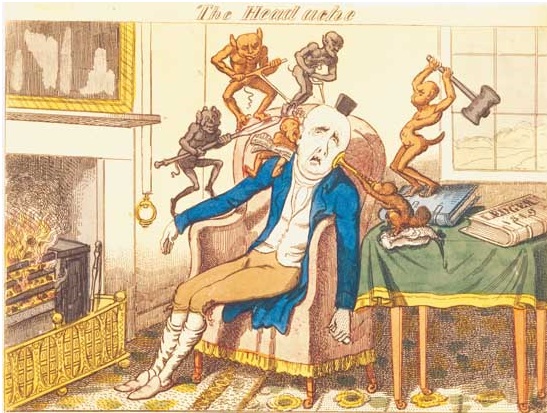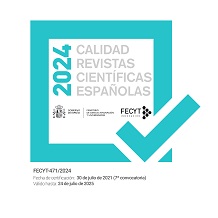UNDERGRADUATE NURSING EDUCATION EVALUATION IN LATIN AMERICA: AN INTEGRATIVE REVIEW
Abstract
It is an article of integrative literature review on trends or patterns of evaluation in nursing undergraduate courses that highlights and discusses the different methodologies adopted in Latin America. As methodological framework, the six steps of Ganong methodology were adopted, indicated for a integrative literature review. A national, international and active literature review search was conducted in SciELO, LILACS, MEDLINE, ABED, BDENF HomeoIndex, PAHO. The descriptors selected for the literature search were education, nursing education, educational evaluation, educational technology and nursing. Eighty articles published from 2004 to 2008 were found, 30 of then were excluded, including duplicate productions, letters, editorials, abstracts and products unrelated to the scope of the study, remaining 50 articles for analysis. Data evaluation indicated different educational concepts adopted in teaching and learning evaluation. There are, for example the ones guided by the concepts of banking education that alienate, imprison and reproduce the distorted and erroneous ideological positions of that trend. In Critical School design there is a predominance of open, critical and reflective evaluation methods consistent with the progressive, constructivist and sociointeractionist theoretical framework guided by the Brazilian National Curriculum Guidelines (PCN), which impels the curriculum to a search for completeness and for the notion of dialogic competence raised from the combination of attributes (cognitive, attitude and skills) that guide the teaching processes.
Downloads
-
Abstract983
-
PDF (Español (España))1128
-
PDF (Português )1128
The works published in this magazine are subject to the following terms:
1. The Publications Service of the University of Murcia (the publisher) preserves the copyright of the published works, and encourages and allows the reuse of the works under the license for use stated in point 2.
© Servicio de Publicaciones, Universidad de Murcia, 2011 (© Publications Service, University of Murcia, 2011)
2. The works are published in the electronic edition of the journal under Creative Commons Reconocimiento-NoComercial-SinObraDerivada 3.0 España(texto legal) “ a Attribution-NonCommercial-NoDerivatives 3.0 Spain license (legal text)”. They can be copied, used, broadcasted, transmitted and publicly displayed, provided that: i) the authorship and original source of their publication (journal, publisher and URL) are cited; (ii) are not used for commercial purposes; iii) the existence and specifications of this license is mentioned.
3. Conditions of self-archiving. Authors are allowed and encouraged to electronically disseminate the pre-print (pre-reviewed ) and / or post-print (reviewed and accepted for publication) versions of their works prior to publication, as it ensures a wider circulation and dissemination which may lead to a possible increase in its mention and a higher scope among the academic community. RoMEO color: green.













